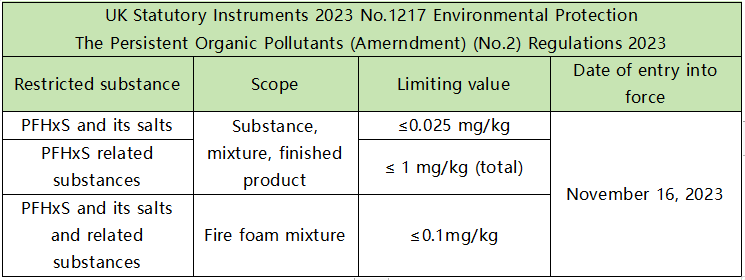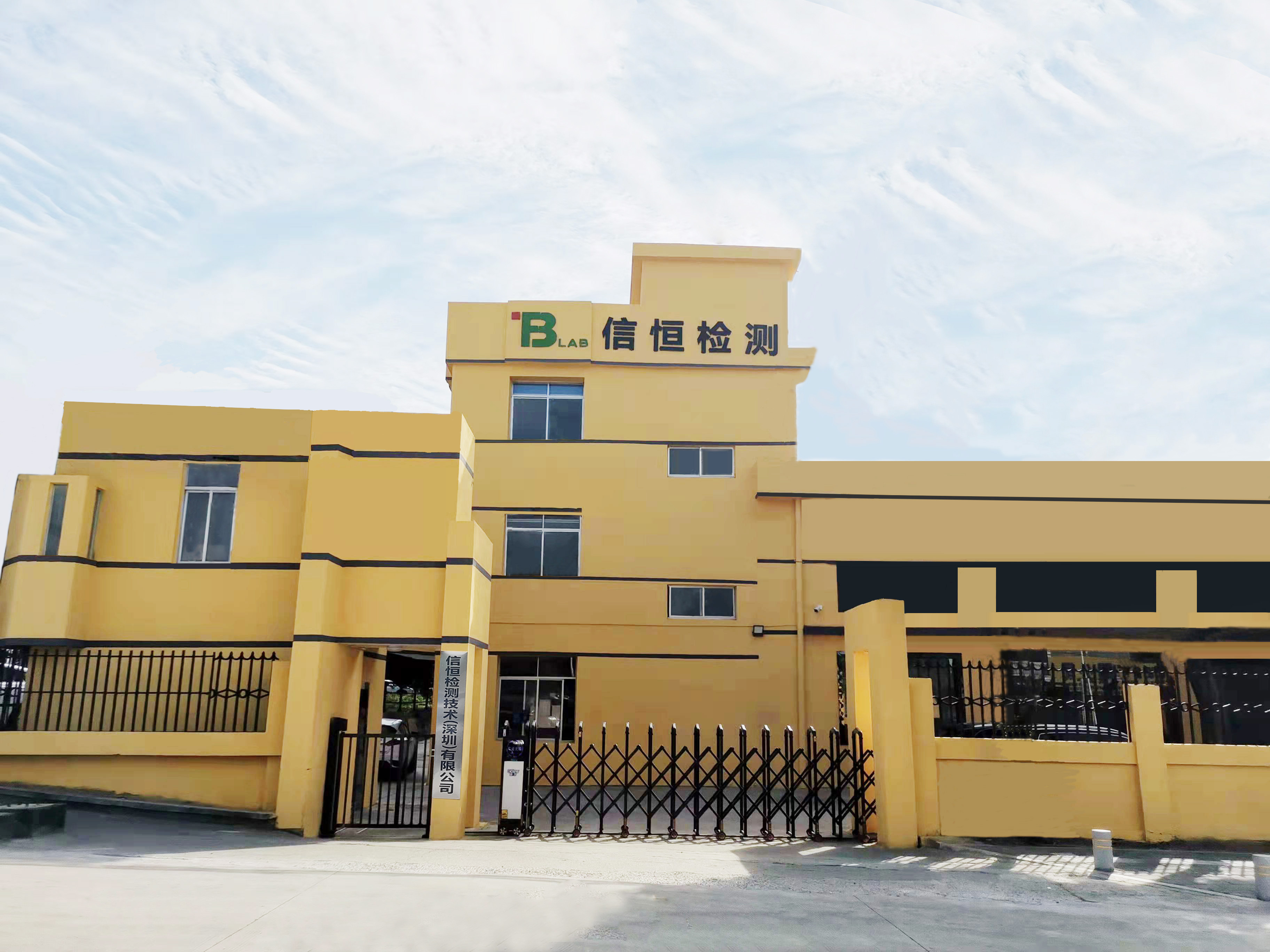1. Indonesian SDPPI specifies complete EMC testing parameters for telecommunications equipment
Starting from January 1, 2024, Indonesia's SDPPI has mandated applicants to provide complete EMC testing parameters when submitting certification, and to conduct additional EMC testing on products with telecommunications ports (RJ45, RJ11, etc.), such as laptops, desktops, printers, scanners, access points, routers, switch products, etc.
The old requirements for EMC testing parameters were only as follows:
① Radiation emissions below 1GHz;
② Radiation emissions of 1GHz-3GHz;
③ Conducted radiation from telecommunications ports/terminals;
The complete EMC testing parameters for the new requirements are as follows:
① Radiation emissions below 1Ghz;
② Radiation emissions exceeding 1GHz (up to 6GHz);
③ Conducted radiation from telecommunications ports/terminals;
④ Conducted radiation from communication ports.
2. Malaysia issues a renewal notice regarding CoC certificates that have expired for more than six months
The Malaysian regulatory agency SIRIM has announced that due to the upgrade of the application system, the management of Certificate of Conformity (CoC) will be strengthened, and all CoCs that have expired for more than six months will no longer be eligible for certificate extensions.
According to Article 4.3 of the authentication agreement eTAC/DOC/01-1, if the CoC expires for more than six months, the system will automatically suspend the CoC and notify the holder. If the certificate holder does not take any action within fourteen working days from the date of suspension, the CoC will be directly cancelled without further notice.
But there is a 30 day transition period from the date of this announcement (December 13, 2023), and the application for extension can continue. If no action is taken within these 30 days, the certificate will automatically become invalid, and the affected models need to reapply for the certificate before importation.
3. Mexican Official Federal Institute of Telecommunications (IFT) Update Label Requirements
The Federal Institute of Telecommunications (IFT) issued the "Guidelines for the Use of the IFT Mark on Approved Telecommunications or Broadcasting Equipment" on December 26, 2023, which will take effect on September 9, 2024.
The main points include:
Certificate holders, as well as subsidiaries and importers (if applicable), must include the IFT logo in the labels of telecommunications or broadcasting equipment;
The IFT logo must be printed in 100% black and has a minimum size requirement of 2.6mm in height and 5.41mm in width;
Approved products must include the prefix "IFT" and certification certificate number in addition to the IFT logo;
The IFT logo can only be used within the validity period of the certification certificate for approved products;
For products that have been approved or have started the approval process before the guidelines take effect, the use of the IFT logo is not mandatory These products will continue to be protected by their respective current certification certificates.
4.UK updates its POPs regulations to include PFHxS in regulatory requirements
On November 15, 2023, a new regulation UK S.I. 2023 No. 1217 was released in the UK, which revised the persistent organic pollutants (POPs) regulations and added control requirements for perfluorohexanesulfonic acid (PFHxS), its salts, and related substances. The effective date is November 16, 2023.
After Brexit, the UK still follows the relevant control requirements of the EU POPs Regulation (EU) 2019/1021. This update is consistent with the EU's August 2024 update on PFHxS, its salts, and related substances control requirements, which applies to Great Britain (including England, Scotland, and Wales). The specific restrictions are as follows:

5. Japan has approved the use restriction of perfluorohexane sulfonic acid (PFHxS)
On December 1, 2023, the Japanese Ministry of Health, Labour and Welfare, together with the Ministry of Environment and the Ministry of Economy, Trade and Industry (METI), issued Cabinet Decree No. 343. Its regulations limit the use of PFHxS, its salts, and its isomers in related products, and this restriction will come into effect on February 1, 2024.
From June 1, 2024, the following 10 categories of products containing PFHxS and its salts are prohibited from import:
① Waterproof and oil resistant textiles;
② Etching agents for metal processing;
③ Etching agents used for manufacturing semiconductors;
④ Surface treatment agents for electroplating and their preparation additives;
⑤ Antireflective agents used in semiconductor manufacturing;
⑥ Semiconductor resistors;
⑦ Waterproof agents, oil repellents, and fabric protectants;
⑧ Fire extinguishers, extinguishing agents and extinguishing foam;
⑨ Waterproof and oil resistant clothing;
⑩ Waterproof and oil resistant floor coverings.
Post time: Feb-21-2024











